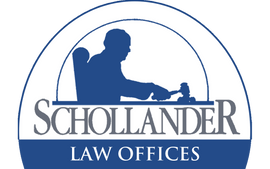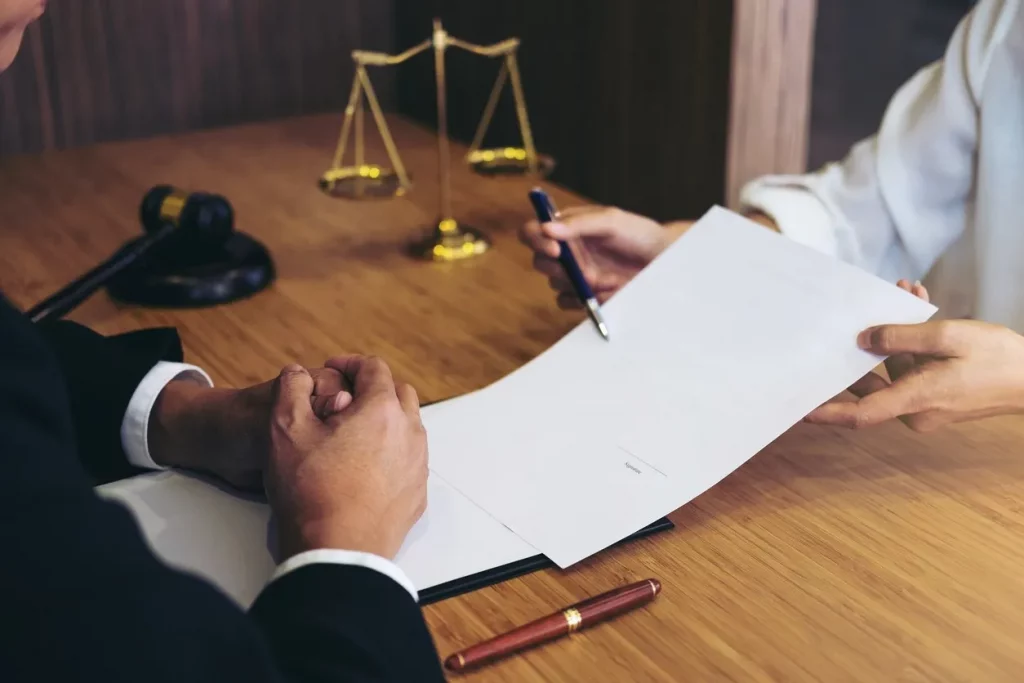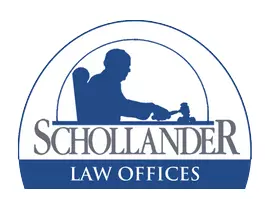What You Need to Know About Bankruptcy
Are you filing for bankruptcy in the Winston-Salem, Clemmons, Kernersville, Lexington, Walkertown & King, NC areas? Declaring Bankruptcy can be a difficult period of anyone’s life. Having an expert bankruptcy lawyer from the Schollander Law Offices will save you stress and time. The bankruptcy process is a web of laws and paperwork that are easily navigated by bankruptcy attorneys, but we’ve included some commonly asked questions below.
Bankruptcy is a term for a federal procedure that helps consumers and businesses rid themselves of some or all debt and repay certain creditors. The bankruptcy court will protect you once you file while you repay your creditors.
Chapter 7 bankruptcy wipes out most unsecured debt and usually allows you to keep your assets. Exemption laws apply on a case by case basis. Filing for bankruptcy allows you to discharge most debt incurred before filing. Chapter 13 bankruptcy is very different. It allows people with regular income to keep their property if they pay their secured debt over time. It is a good tool to stop foreclosure, vehicle repossession, and judgement enforcement. Unsecured debts are often wiped out in Chapter 13 and you just pay secured debts. This scheduled payment plan usually lasts between 3 to 5 years.
Yes, it certainly will but probably not to the extent that you believe. Some people who are in bankruptcy already have bad credit, so it may improve once you file. A bankruptcy filing shows on your credit record for seven to ten years. Bankruptcy will erase your debts, so you are likely to be in a better position to pay your bills.
Bankruptcy should be considered a last resort as it can affect your credit. In some cases, you may be able to go to credit counseling to learn how to successfully get out of debt, but when you are too far deep, bankruptcy may be the right solution for you. Always consult with a bankruptcy lawyer about your particular circumstances.
An individual can file on their own. However, it is recommended to get the help from a bankruptcy attorney as this process can be extremely complex.
Your case becomes public record when you file for bankruptcy, meaning anyone can access court records if they are actively seeking that information. In our experience, unless you are already newsworthy, no one pays any attention to bankruptcy filings.
Medical bills can be discharged through bankruptcy. In fact, medical bills are one of the most common reasons that people file for bankruptcy.
Generally, student loan debts cannot be discharged. They will only be discharged if you can prove repaying the loans would be a hardship, such as if you suffer a serious disability that prevents you from working.
If you have a question that was not answered, please call our office at (336) 727-0900 to schedule a free consultation.
Find Relief & Financial Direction By Calling Us Today


